On May 29, the European Union (EU) and Norway signed a new Security and Defense Partnership Agreement. The agreement was signed by EU High Representative for Foreign Affairs and Security Policy Josep Borrell, along with Norway's Foreign Minister and Defense Minister on the sidelines of the EU Defense Ministers' Meeting in Brussels, Belgium.
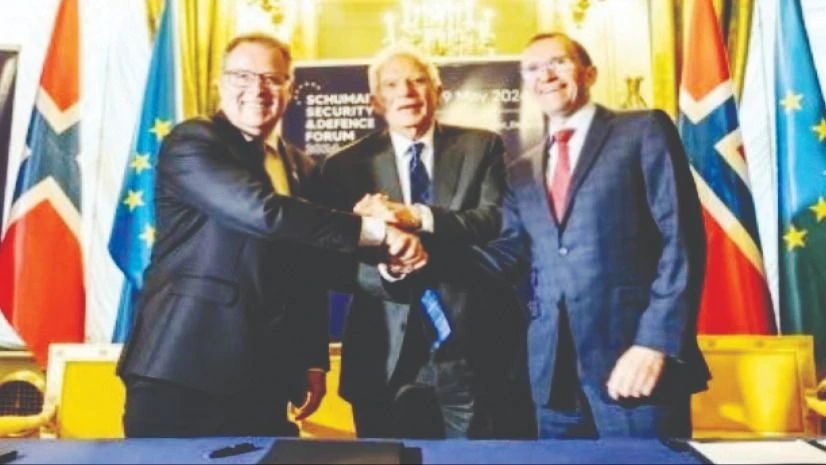
New opportunities for action
The new Security and Defence Partnership Agreement reflects the strong bilateral relationship between the EU and Norway – the bloc’s closest partner. It is a new step forward in our relationship, benefiting both Norwegian and EU citizens.
The agreement covers existing areas of cooperation such as continued joint support to Ukraine; Norway’s participation in missions and activities within the EU’s Common Security and Defence Policy (CSDP), as well as EU defence initiatives. In addition, the partnership promotes practical cooperation in areas such as maritime security, cyber security, countering foreign interference and manipulation, including disinformation; and introduces new consultations on peaceful mediation. The partnership identifies new opportunities for joint action, for example on critical infrastructure resilience and underwater infrastructure protection. In addition, the agreement promotes on-the-ground cooperation between EU Delegations and the Norwegian Embassy. The EU is strengthening its instrument for security and defence cooperation through new Security and Defence Agreements with selected countries. This new instrument builds on the EU’s long-standing cooperation relationships.
It is a non-binding political cooperation framework tailored to selected partners; it structures Europe's broad and deep relationships across the entire spectrum of peace, security and defence.
Strategic autonomy
Developing mutually beneficial and appropriate cooperation is a key pillar of the EU’s security and defence efforts, highlighted by the EU’s Strategic Compass Initiative. According to Euronews, the initiative provides the EU with an ambitious action plan to strengthen its security and defence policy by 2030, with a focus on enhancing the bloc’s strategic autonomy and its ability to work with partners to defend EU values and interests.
The initiative does not require all 27 member states to contribute troops to the joint force, but any deployment would require consensus from all parties. Germany has since expressed its willingness to provide the core of the rapid reaction force in the first year. Experts say the EU’s strategic autonomy is the most concrete effort yet to create an independent military force that does not rely on the United States.
Through the signing of the new Security and Defence Partnership Agreement, the EU and Norway demonstrate their strong commitment to enhancing security and stability not only in the region but also globally.
VIET ANH synthesis
Source: https://www.sggp.org.vn/tang-an-ninh-phong-thu-khu-vuc-eu-post742174.html


![[Photo] Opening of the 11th Conference of the 13th Party Central Committee](https://vstatic.vietnam.vn/vietnam/resource/IMAGE/2025/4/10/f9e717b67de343d7b687cb419c0829a2)
![[Photo] Unique folk games at Chuong Village Festival](https://vstatic.vietnam.vn/vietnam/resource/IMAGE/2025/4/10/cff805a06fdd443b9474c017f98075a4)

![[Photo] April Festival in Can Tho City](https://vstatic.vietnam.vn/vietnam/resource/IMAGE/2025/4/10/bf5ae82870e648fabfbcc93a25b481ea)




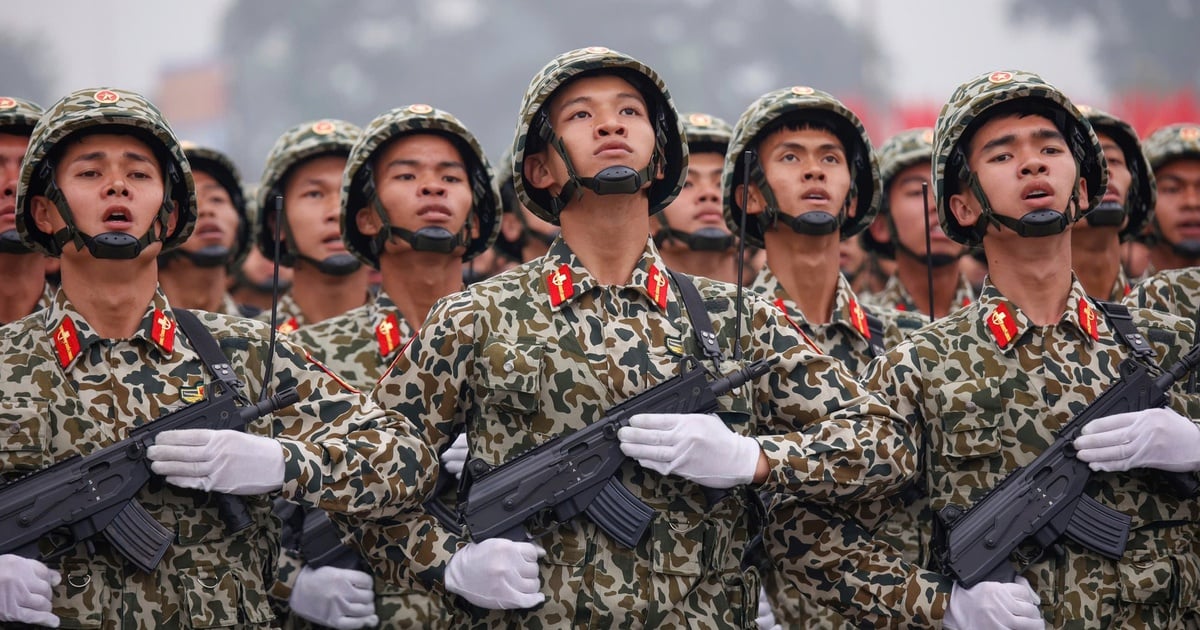

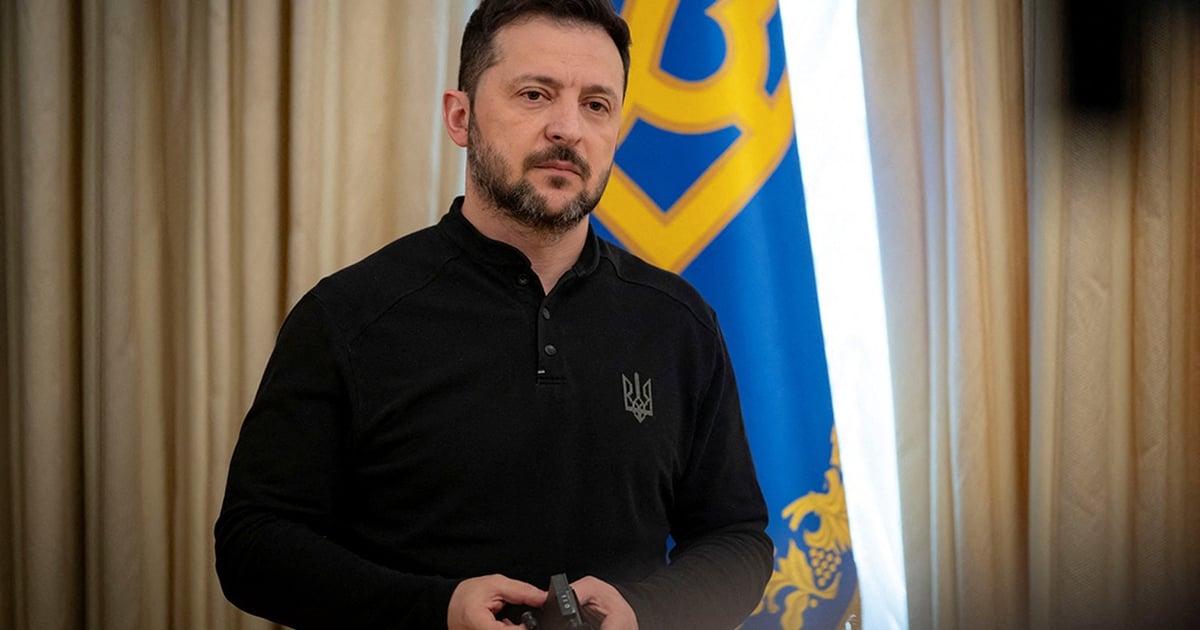
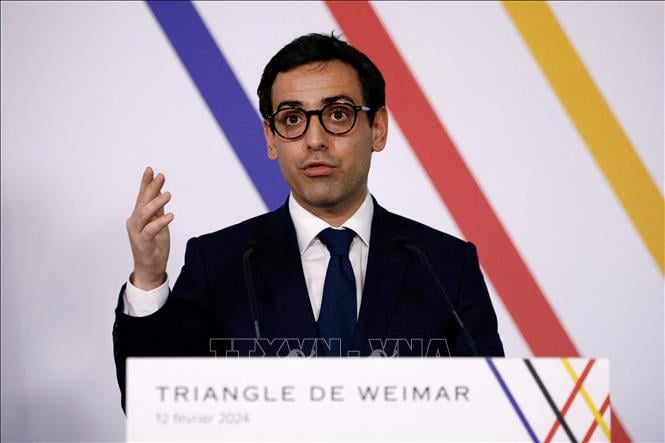



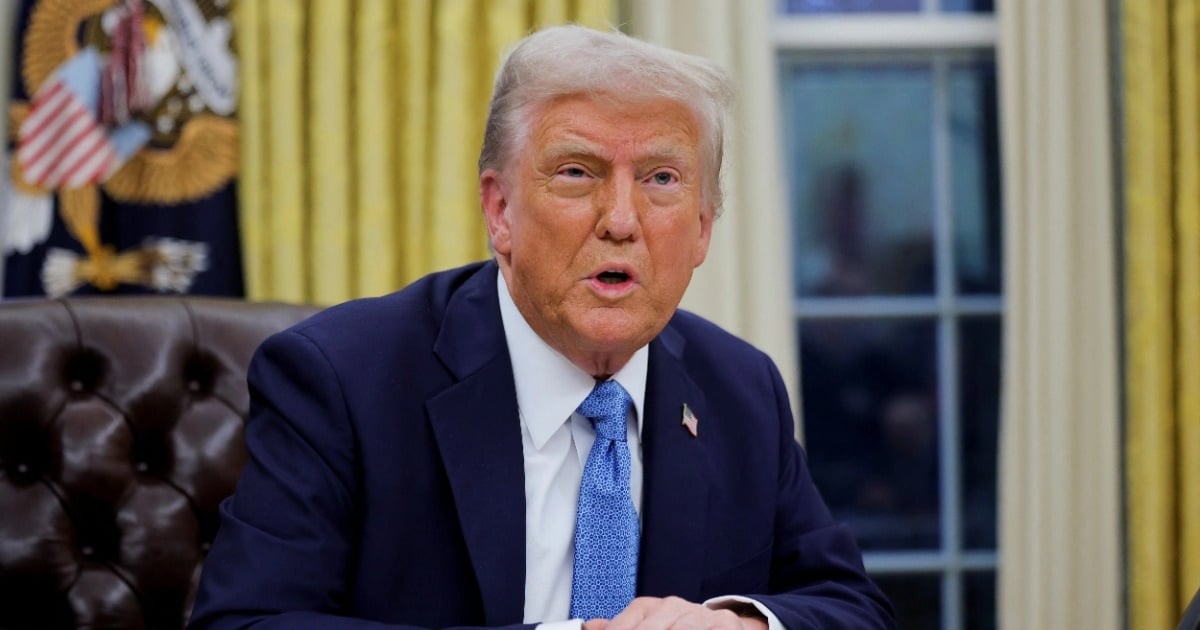






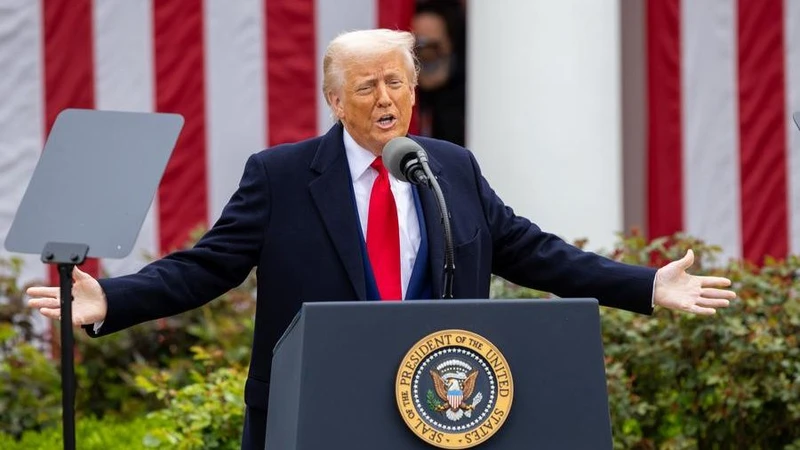








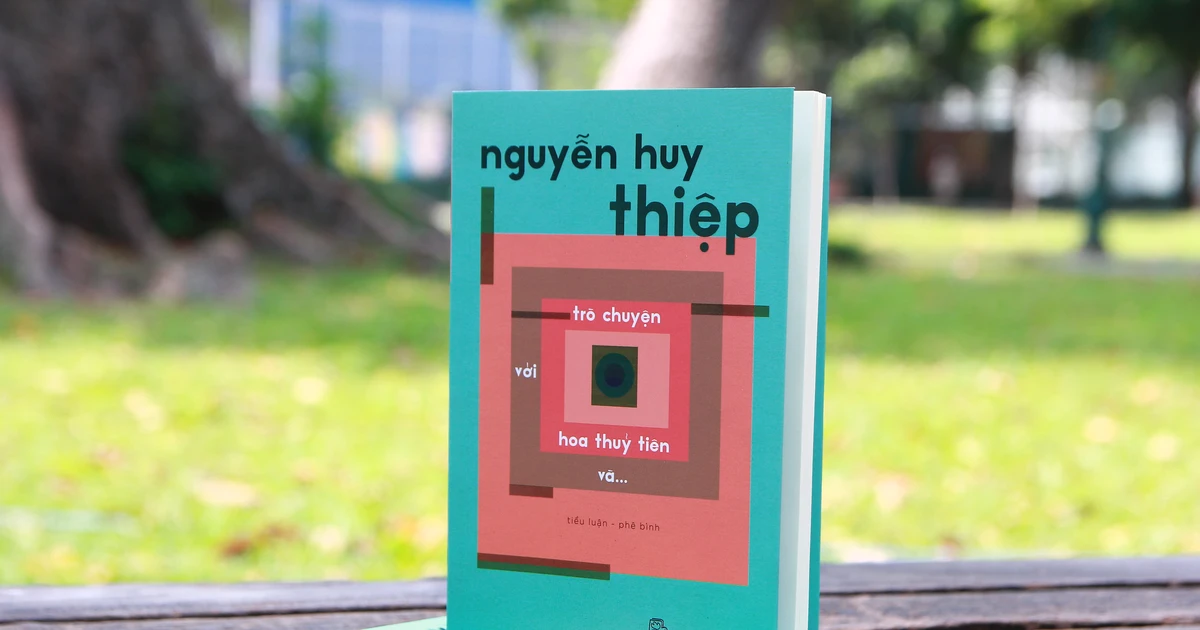
















































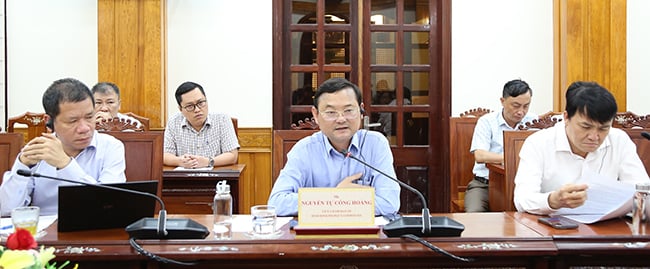













Comment (0)